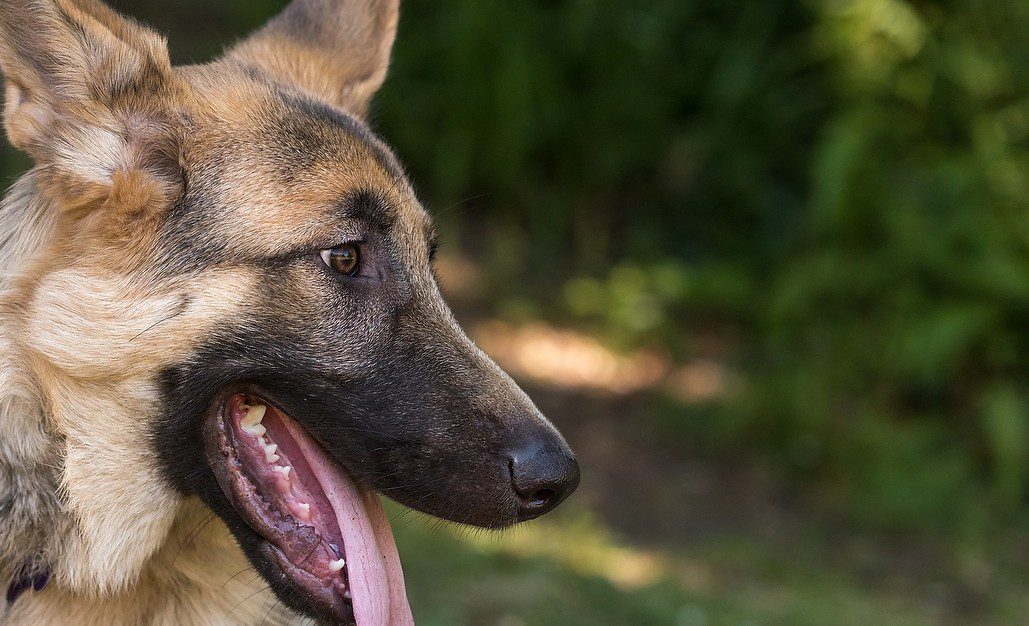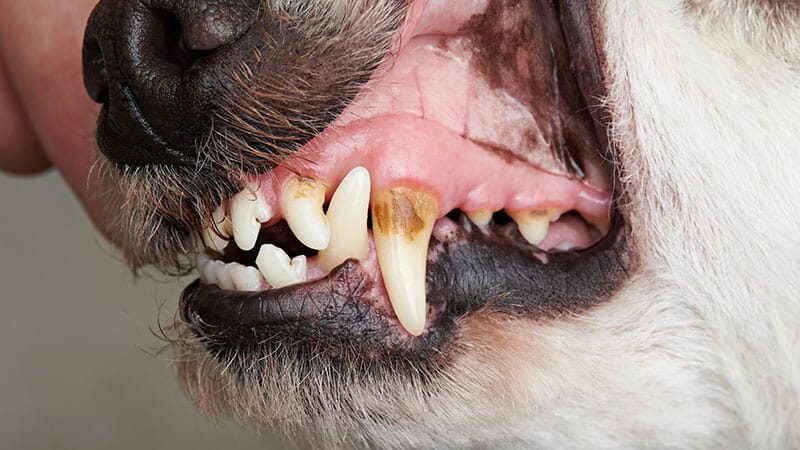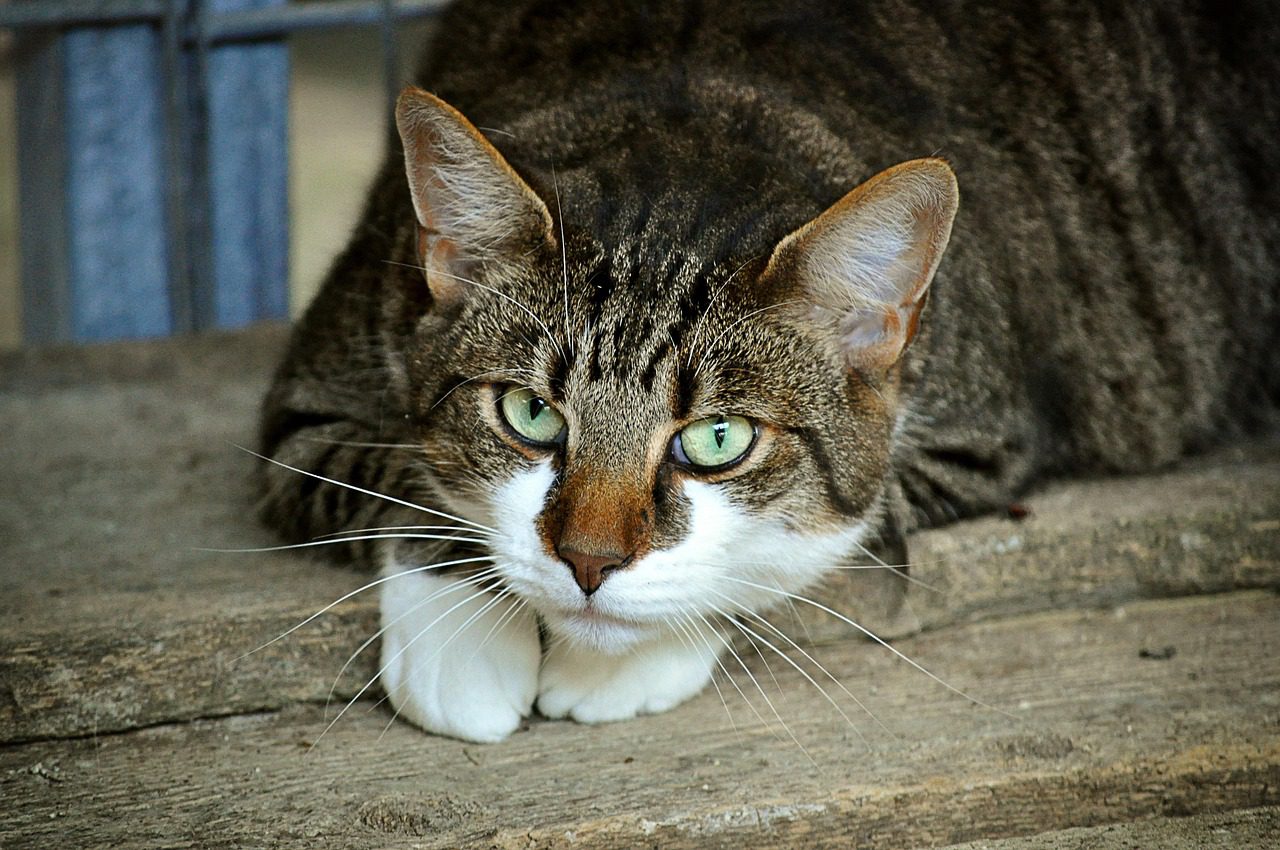The modern experienced shepherd has learnt to handle most situations, apart from occasional veterinary assistance at lambing.
So I was rather surprised to get a call from an anxious shepherd one early summer. “They’s all blown up!” he said.
I had had very little experience with sheep since I qualified just ten months earlier. I was very anxious that I would not know what to do.
On arrival there was a small reception committee all looking dolefully over the gate of a field. The fresh lush grass sloped gently upwards and away, but the entire flock were gathered nearby, standing with their heads down. They had little energy to evade us as we went in amongst them. Every one I checked had a taut swollen area where their stomachs are (sheep have four stomachs, like cattle), and we saw that one was down.
There were about forty of them, and the shepherd told me that he had only put them into this new pasture that very morning.
We discussed possible risks, but could not see anything poisonous. We sadly noted that the down sheep was in fact already dead, so we knew we had to act fast to save the rest of the flock.
I asked for a sharp knife, explaining that I was going to do an on-the-spot post mortem to confirm my suspicions. Sure enough, the poor little thing’s stomachs were hugely overloaded with grass. She had literally eaten herself to death!
The farmer would have been better to strip graze his precious flock. This involves only giving them access to a thin strip of the pasture every few days. Sheep cannot cope with unlimited access to such quality grazing.
The solution was to move the flock, very slowly as they could barely walk, off the pasture. We carefully dosed them each with some appropriate medicine by mouth, and kept them away from food for enough hours for the rumination and digestion process to catch up with their appetites.
An important lesson: it seems that having eyes bigger than your tummy really is bad!




